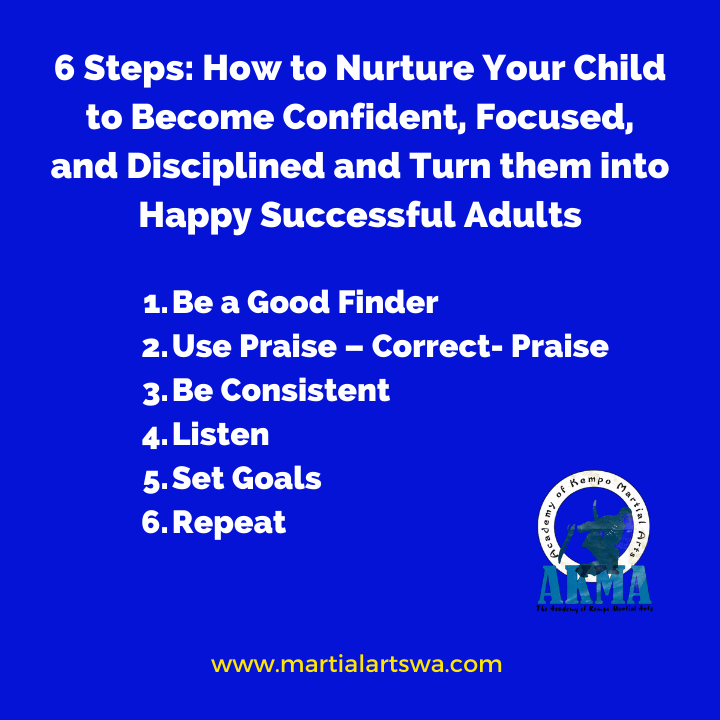Adopting healthy feeding practices today significantly boosts growth and development for the future. It’s a vital investment in a child’s well-being.
Ensuring the right nutritional choices from an early age sets the foundation for lifelong health and intellectual prowess. Parents and caregivers are the architects of a child’s dietary habits. By integrating a variety of whole foods, rich in essential vitamins and nutrients, children can achieve their full developmental potential.
This approach to nutrition not only fosters physical growth but also cognitive advancements. As children navigate through their formative years, the emphasis on a balanced diet plays a critical role in shaping their future. Crafting meals that are both nourishing and appealing can encourage healthy eating patterns that children carry into adulthood. Embracing this perspective on early nutrition is a step towards cultivating a generation that values and maintains their health.
Importance Of Healthy Feeding
Every bite of food a child takes is a building block for their future. Healthy feeding sets the stage for a child’s growth, development, and health. It is not just about filling tiny tummies but about nourishing their bodies and minds.
Building A Foundation For Future Health
Nutritious food is the key to a strong foundation. It helps children develop at a healthy pace. Quality meals rich in vitamins, minerals, and essential nutrients are crucial. These support brain development and physical growth. Let’s look at what makes up a balanced diet for kids:
- Fruits and Vegetables: They offer vitamins and fiber.
- Whole Grains: These provide energy and nutrients.
- Proteins: Important for muscles and enzymes.
- Dairy: It gives children calcium for strong bones.
Effects Of Poor Nutrition On Growth And Development
Poor nutrition can lead to problems. Undernutrition slows growth. It can weaken the immune system. Overnutrition can cause obesity and related issues. Both extremes affect kids’ health and happiness. Poor diets can lead to:
- Delayed Development: Can slow down learning and motor skills.
- Chronic Diseases: Risks for conditions like diabetes rise.
- Behavioral Problems: Poor diets can affect mood and behavior.
Remember, the right food today can help kids grow up strong and healthy!

Credit: www.amazon.com
Key Nutrients For Growth And Development
Let’s talk about the building blocks of a bright future. Just like a house needs bricks, mortar, and beams, our body needs nutrients. And it’s not just any nutrients, but the right ones for strong bones, quick brains, and muscles that can do anything!
Nutrients act as superpower boosters for kids. They help to zoom in on growth and zoom out on health troubles. Every meal is a chance for these superpowers to work. So, let’s unveil the nutrients that deserve a round of applause for helping kids shoot up strong and smart!
Protein For Muscle Development
Protein is like the coach for muscles. It tells them to build up and stay strong. Children need it to jump higher, run faster, and grow bigger.
- Eggs, milk, and fish are great sources.
- Nuts and beans also pack a protein punch.
Calcium For Bone Health
Imagine bones are like trees, needing sunshine and good soil to grow tall. Calcium is that sunshine and soil for bones.
| Food | Calcium Amount |
|---|---|
| Dairy products | High |
| Leafy greens | Medium |
| Almonds | Good |
Omega-3 Fatty Acids For Brain Development
For the brain to win at memory games and puzzles, it needs Omega-3. These fats make sure the brain’s wiring works super well!
- Fish like salmon swim to the rescue.
- Flaxseeds are small but mighty brain boosters.
- Walnuts look like tiny brains and help them too!
Strategies For Healthy Feeding
Healthy eating habits start early in life. Making smart food choices sets the stage for a child’s future. Strong bodies and sharp minds need good nutrition. These strategies can lead to lifelong benefits. Let’s explore three key moves for healthier kids.
Introducing A Variety Of Fruits And Vegetables
Colorful plates are not just appealing. They’re a wealth of nutrition. Every color in fruits and veggies holds different vitamins and minerals. Encourage kids to try new ones often.
- Kids love exploring. Use this to introduce new fruits and veggies.
- Make it fun! Create a rainbow chart and track what they try.
- Involve them in picking produce at the store or farmers’ market.
Limiting Sugary Foods And Beverages
Sugar might taste great, but it offers little nutrition. It can also harm teeth and lead to weight problems. Use these ideas to cut back on sweets.
| Sugary Item | Healthy Swap |
|---|---|
| Fizzy Drinks | Flavored Water |
| Candy | Fresh Fruit |
| Cereal Bars | Nuts and Seeds |
Promoting Regular Physical Activity
A mix of play, sports, and exercise builds healthy bodies. It’s not just about food. Movement is key for growth and energy. Aim for at least an hour a day.
- Dance it out at home with music.
- Walk or bike instead of driving when you can.
- Join teams for fun and friends.
The Role Of Parents And Caregivers
The Role of Parents and Caregivers in a child’s nutrition cannot be overstated. Their daily choices directly influence their child’s eating habits. Parents and caregivers lay the foundation for a healthy future through guidance, supervision, and education.
Creating A Healthy Eating Environment
Parents and caregivers create the nutrition landscape for children. A healthy eating environment supports growth and development. It includes plenty of fruits, vegetables, whole grains, and lean proteins. This environment limits sugary drinks and fast foods.
- Stock nutritious foods in easily accessible places.
- Plan meals rich in vital nutrients.
- Regular meal times help children learn structure.
- Encourage water over sugary alternatives.
Being Good Role Models
Children mirror their parents’ behavior. When caregivers make healthy choices, kids are likely to follow. Eating vegetables, choosing water, and being active are behaviors children will copy.
| Role Model Behavior | Impact on Child |
|---|---|
| Eating fruits and veggies | Children learn to enjoy them. |
| Staying active | Kids are more likely to be active. |
| Healthy snacking | They make smarter snack choices. |
Consistent actions teach lifelong habits. A shared family walk or choosing an apple over chips sets examples. Children see these choices and understand their importance.
Building Healthy Habits For Life
Starting healthy habits today sets the foundation for a vibrant tomorrow. Kids thrive when they have a good routine. It makes them feel secure and helps them develop self-discipline. Let’s look at ways to foster these important habits in children.
Establishing A Routine
Consistency is key. A daily routine gives children a sense of security. Meal times should be part of this routine. Sit down to eat at the same times every day. This helps regulate a child’s hunger cues and sets a pattern for healthy eating.
Encouraging Independence
Children love to feel in charge! Simple tasks like setting the table or choosing a snack can bolster their confidence. Give them two healthy snack options and let them pick. This teaches decision-making skills and promotes a feeling of autonomy around food choices.
Teaching The Importance Of Balanced Meals
Understanding the value of balanced meals is crucial. Use a plate model to show kids how to balance fruits, vegetables, grains, and proteins. Explain that eating a variety of foods keeps them strong and focused.

Credit: martialartswa.com
Frequently Asked Questions Of Small Steps Today For Healthy Feeding Growth And Development Tomorrow
What Are Key Nutrients For Child Development?
Proper child development hinges on essential nutrients such as protein, carbohydrates, healthy fats, vitamins, and minerals. Including diverse food sources, like fruits, vegetables, whole grains, dairy, and lean proteins, ensures a well-rounded diet that supports growth.
How Can I Promote Healthy Eating Habits?
Cultivate healthy eating by incorporating a variety of whole foods, minimizing processed snacks, and eating meals together as a family. Encourage children to try new foods and be involved in meal planning and preparation, fostering a positive relationship with food.
Why Is Breakfast Important For Children?
Breakfast kick-starts a child’s metabolism, providing energy and essential nutrients for the day ahead. A balanced morning meal with protein, fibers, and healthy fats enhances concentration, memory, and academic performance, making it a vital part of a child’s daily routine.
How Does Hydration Affect Child Development?
Hydration is critical for children’s cognitive function, physical activity, and overall health. Adequate water intake helps maintain energy levels, regulates body temperature, and promotes optimal performance in school and play. Aim for water and limit sugary drinks for better hydration.
Conclusion
As we journey forward, let’s embrace the small yet significant steps in nurturing our children’s health. By integrating mindful nutrition habits early on, we pave the way for their thriving future. Committing to these positive practices ensures our kids grow up strong and well-developed.
Let’s make every bite count for a brighter tomorrow.

